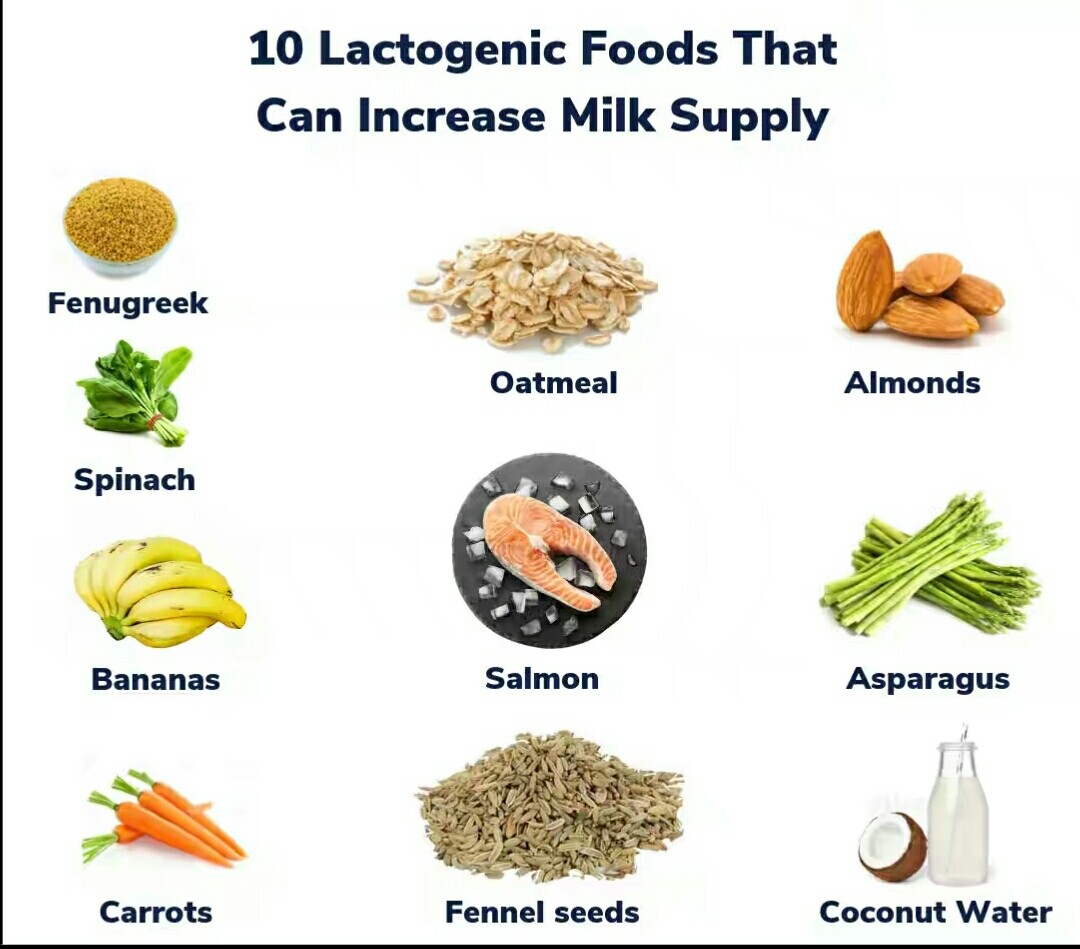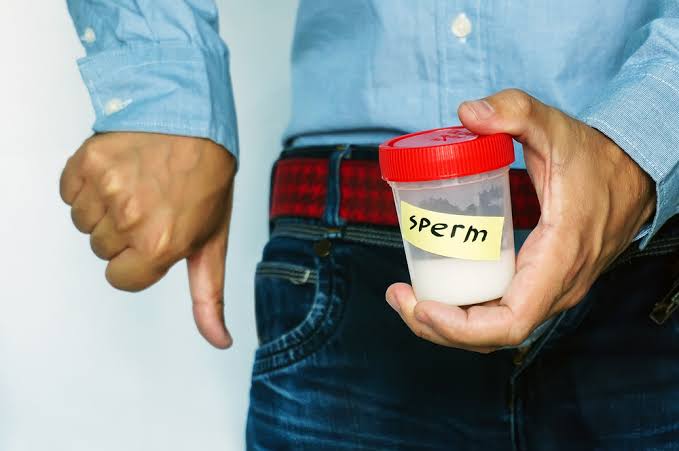List of Routine Antenatal Drugs in Nigeria, Antenatal drugs list in Nigeria
Being pregnant is a beautiful thing and a dream of many ladies but you have to ensure you live healthy lifestyle to ensure better outcome for you and your baby. Apart from booking your pregnancy for antenatal care and the routine antenatal visits to your doctor, it is important you take your routine antenatal drugs.
The importance of taking your antenatal drugs are innumerable. The help boost your blood level, boost your immune system to fight diseases, improve your appetite for food and prevent birth defects in your baby especially the dreaded spinal bifida.
For a Nigerian woman that is pregnant or planning to conceive, here are the list of routine antenatal drugs in Nigeria.
List of Routine Antenatal Drugs in Nigeria…
1. FOLIC ACID
According to Healthline: “Folic acid is a B vitamin found in many supplements and fortified foods. It’s the synthetic form of folate. Folic acid is used by your body to make new cells and produce DNA. It’s required for normal growth and development throughout your life.
Taking folic acid is particularly vital before and during pregnancy. It’s important for the proper organ development of a developing baby.
Research shows that taking folic acid before you get pregnant may help prevent birth defects including serious neural tube defects such as spina bifida, encephalocele (rarely), and anencephaly.”
Babies born with spina bifida or encephalocele may face multiple surgeries, paralysis, and long-term disability. So, taking your folic acid as prescribed may save you and your baby the stress, time and financial burden of treatment.
DOSAGE: All pregnant women should take 400microgram of folic acid daily throughout pregnancy. In Nigeria, folic acid tablets comes as 5 milligrams which contains 600 micrograms of folic acid. Take 5mg daily. However, higher doses of folic acid may be prescribed for women with sickle cell disease, kidney disease, liver disease, drinks alcohol, epileptic, diabetic, have rheumatoid arthritis, have lupus, asthma and inflammatory bowel disease.
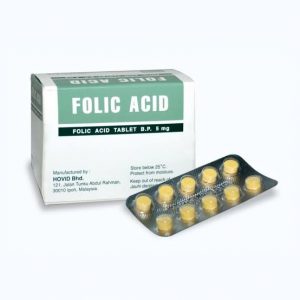
2. VITAMIN C
Not only does it boost your immune system and reduce your risk of suffering from iron-defficiency anaemia in pregnancy, Vitamin C is key to your baby’s physical development too.
VITAMIN C:
– aids in the production of collagen, which supports normal growth, bone strength and wound healing
– supports your baby’s immune system,
– helps your baby to absorb iron and build up stores for later use.
DOSAGE: vitamin C is taken as 200mg three times daily.
You will get a lot of vitamin C from citrus fruits and vegetables. Eat plenty of these.
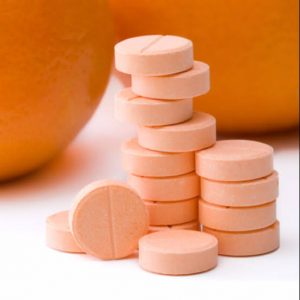
3. IRON
It is a fact that most Nigerian women go into pregnancy anemic. When you’re pregnant, you need about twice the amount of iron as you did before you were expecting because your body uses iron to make extra blood for your baby. And yet, about 50% of pregnant women don’t get enough of this important mineral. Eating iron-rich foods and taking extra iron as your doctor recommends can help keep your iron level in check.
DOSAGE: In tablets called fesolate, comes in 200mg. Iron supplement is taken as 200mg three times daily. If you are anaemic or are expecting twins your doctor may prescribe you more iron supplements as high as 400mg per dose.
Iron stimulate the bone marrow to produce red blood cells.

4. PREGNACARE
It is a UK certified ANC drug from Vitabiotics that has gained popularity amongst pregnant women in Nigeria. The good thing about this drug is that it contains folic acid, Vitamin C, Iron and other supplement all wrapped in one. It removes the stress of having to swallow many drugs at the same time but it is more expensive. You can read more about it here.. You can take pregnacare and vitamin D together.
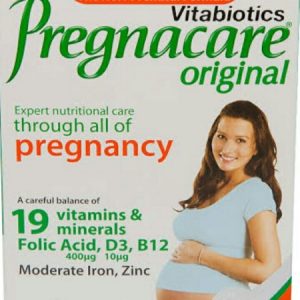
Credit: NIMEDHEALTH
5. CALCIUM
Your body can’t make calcium, so you need to get it from food or supplements. While you’re pregnant, try to get at least 1,000 mg of calcium every day. If you’re 18 or younger, then you need at least 1,300 mg of calcium every day. However, most doctors do not include calcium in their ANC prescriptions because of the risk of kidney stones. Doctors that do prescribe very low doses. To get more calcium, eat calcium rich foods like milk and yoghurt.
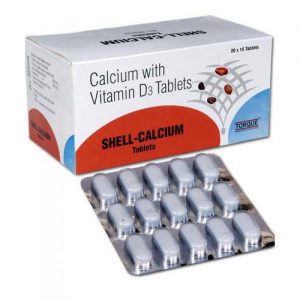
6. VITAMIN B12
If you are pregnant, or trying to conceive, you know that taking folic acid is essential for the healthy development of your baby. But according to the World Health Organization, vitamin B12 is just as important in preventing neural tube and other neurological defects in infants and unfortunately as many as 1 in 20 adults is deficient in this essential vitamin. Vitamin B12 also boosts appetite.
DOSAGE: A tablet of vitamin B12 is taken twice or three times daily.
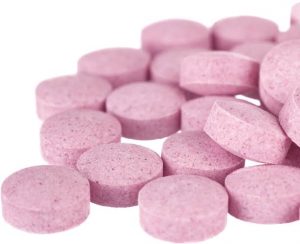
7. FANSIDAR
An antimalarial prophylaxis used to prevent malaria in pregnancy in women. Use of Fansidar in pregnancy is justified because the benefit to the mother and fetus outweighs the risks.
Malaria infection during pregnancy can have adverse effects on both mother and fetus, including maternal anemia, fetal loss, premature delivery, intrauterine growth retardation, and delivery of low birth-weight infants (<2500 g or <5.5 pounds), a risk factor for death.
Fansidar should be given at each routine antenatal care visit, starting as early as possible in the second trimester. This is termed “intermittent preventive treatment” by the World Health Organization.
DOSAGE: The three tablets of fansidar is taken at once.
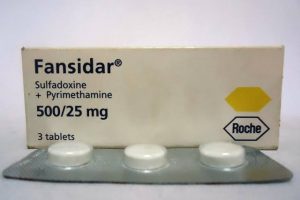
The end
This article is the intellectual property of NIMEDHEALTH.COM.NG





